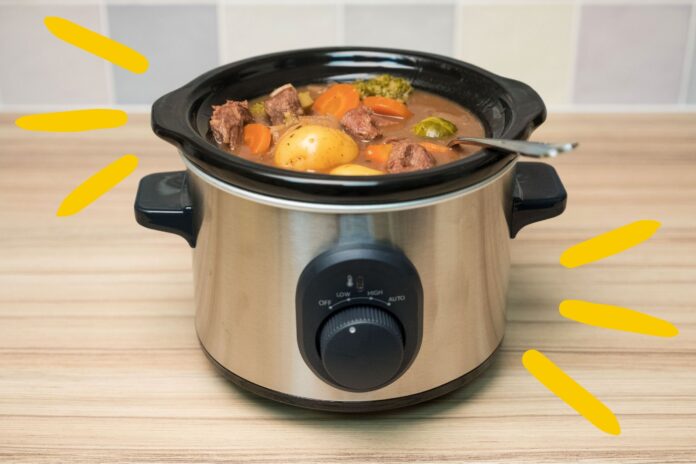The National Health Service (NHS) offers healthcare to all UK citizens based on their need for it, rather than their financial ability to pay for it. The National Health Service is the UK’s publicly financed national healthcare system that provides a complete service to everyone, regardless of gender, ethnicity, disability, age, religion, or belief, and it’s one the country’s most treasured institutions.
Ten years ago, to assess the efficiency and efficacy of healthcare systems in lowering death rates, researchers utilised a cost-effectiveness ratio. The cost-effectiveness of the UK, as measured by health spending vs death rate, was second only to Ireland’s on the world stage, justifying the pride we all rightly feel for our NHS.
That said, much has changed since then, with austerity affecting the functionality of the NHS and threatening its future. If you’re wondering just how much the NHS saves you, and why it should be protected at all costs, then read on…
General Practitioners
The NHS, which provides free healthcare in the United Kingdom, includes everything from basic check-ups to emergency surgery. Even if you have the financial means to pay for the greatest therapy available, your healthcare journey will almost always begin with a visit to your primary care physician.
Before seeing a private specialist consultant, those with private health insurance or those who wish to pay to avoid a wait for free care must normally get a recommendation from a GP.
Individual GPS fees vary based on the doctor’s experience and the absence of other persons who are willing to give their services. Some may charge you £70.00 for a 15-minute private GP consultation. This is the case if you have one minor health problem or you want a follow-up consultation if you’ve already seen a particular GP.
The cost of a 30-minute session could be £128.00. This is typical for your first visit, a more complicated health issue, a new mental health worry, or several small issues. Basic diagnostic tests, such as blood tests, are available. These will come at an additional fee. If the NHS would not offer public healthcare, individuals would have to rely on privately controlled firms or private GPS, which would raise the cost of their services.
You can see the Healthcare costs table collated by Compare the Market’s Australian branch which will show you how much money you would have to pay out of pocket healthcare costs in different countries. Many people who choose private healthcare do it because they do not want to wait for their treatment, they want to get it done immediately. This service can come at a cost, and surprisingly, the UK does not top the table.

IMAGE SOURCE: www.comparethemarket.com.au
What You Need to Pay for
Patients often need to pay for:
- prescriptions
- dental care
- eye care
- wigs and fabric supports
The money raised from this helps fund the NHS.
Some patients are exempt from paying these fees. If this is the case, the NHS will request confirmation of your eligibility. A prescription prepayment certificate (PPC), a benefit award notification, or an exemption certificate are all examples of this.
You are responsible for determining whether you are eligible for free treatment or medicines. Falsely claiming that you do not have to pay NHS costs is illegal and deprives the NHS of much-needed funds. Treatment and prescriptions that have not been paid for are subject to regular checks, so you may be required to give confirmation of your exemption at a later date.
Patients who have claimed exemption from charges in error will be required to pay the fee due, as well as a penalty charge of up to £100. They may also be charged with a crime that will result in a criminal record. If you’re unsure if you’re eligible for an NHS fee exemption, you should pay the charge first. Once you’re certain of your eligibility, you may request a refund, which is simple and quick.
Dental Care
Dentistry is one of the few NHS treatments that require you to contribute to the cost of your treatment. If you get your dental work done on the NHS, the following items will cost you money:
- Dental care in an emergency – £23.80 This includes emergency dental care, such as pain medication or a temporary filling, in a primary care NHS dental office.
- Band 1 treatment – £23.80. An examination, diagnosis (including X-rays), guidance on how to avoid future issues, a scale and polish if clinically necessary, and preventative treatment such as the application of fluoride varnish or fissure sealant if applicable are all included.
- Band 2 therapy costs – £65.2 This covers everything in Band 1 plus any further treatment such as fillings, root canals, or tooth extractions, but not more sophisticated procedures covered by Band 3.
- Band 3 therapy costs – £282.80 This includes everything mentioned in Bands 1 and 2, as well as crowns, dentures, bridges, and other lab work.
If you fall into one of the following categories, you will not be charged anything:
- Under the age of 18, or under the age of 19 and enrolled full-time in a qualified educational program.
- Pregnant or have recently given birth.
- If you are in an NHS hospital, your treatment will be provided by the hospital dentist.
- Outpatient dental care is available under the NHS, although you may have to pay for your dentures or bridges.
Read: 6 different types of cosmetic dentistry procedure explained
Surgery
Every day of the year, the NHS undertakes a variety of procedures to address various ailments, ranging from tonsil removal to open-heart surgery. You won’t have to pay for these because of the NHS; it’s all paid for by people who pay taxes, and here’s what the NHS is spending to fix you up when you need surgery.
- Hernias (abdominal) – £1,190 to £4,360.
- Hip replacement – £1,342 to £10,741.
- Knee replacement – £5,591 to £8,325.
- Tonsillectomies – £982 to £1,100 (treated as a day case).
Many individuals would die or be in pain if it weren’t for the NHS because they couldn’t afford to pay all their costs. We should be glad that the NHS exists and that we can be confident that if we get sick, we will not go bankrupt as a result of it.




